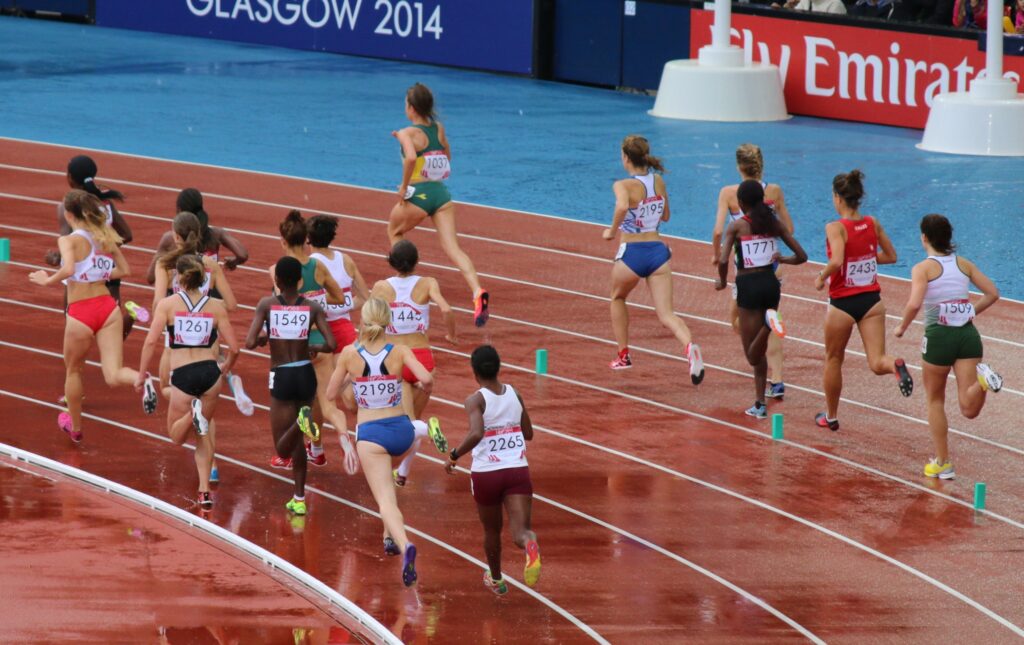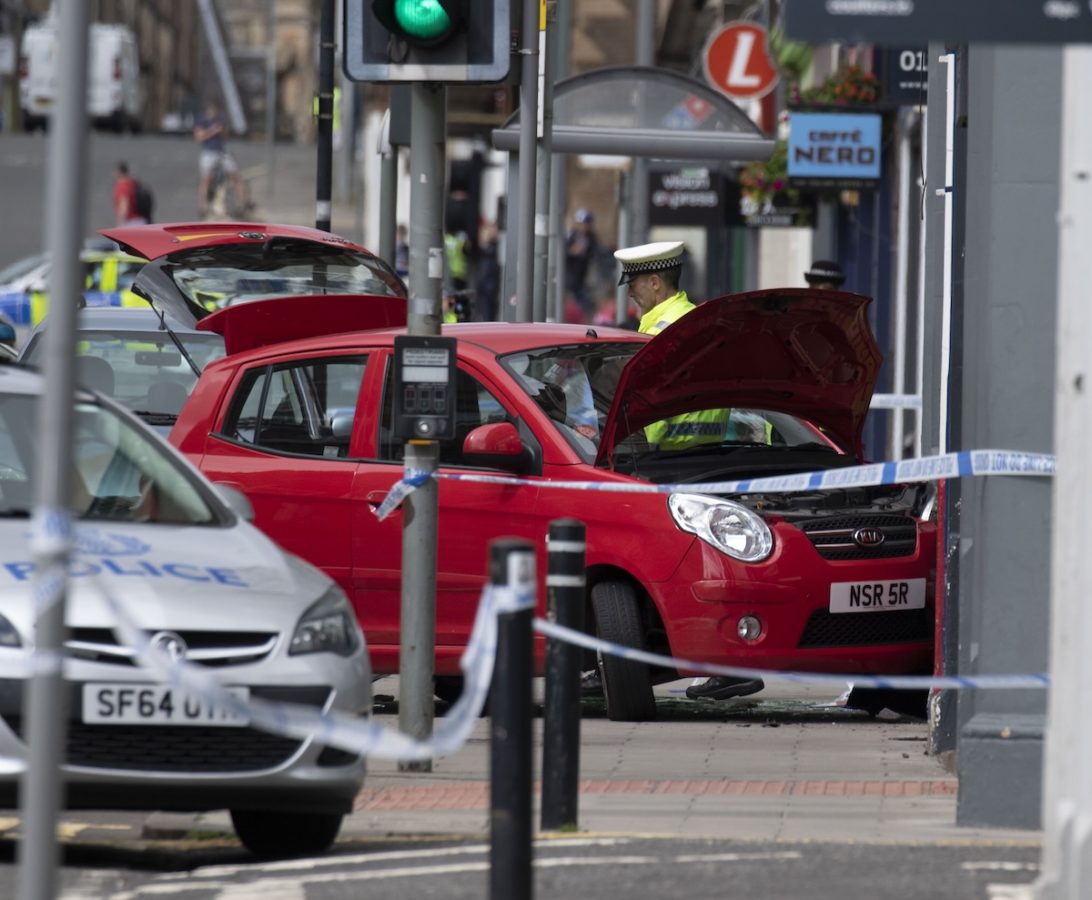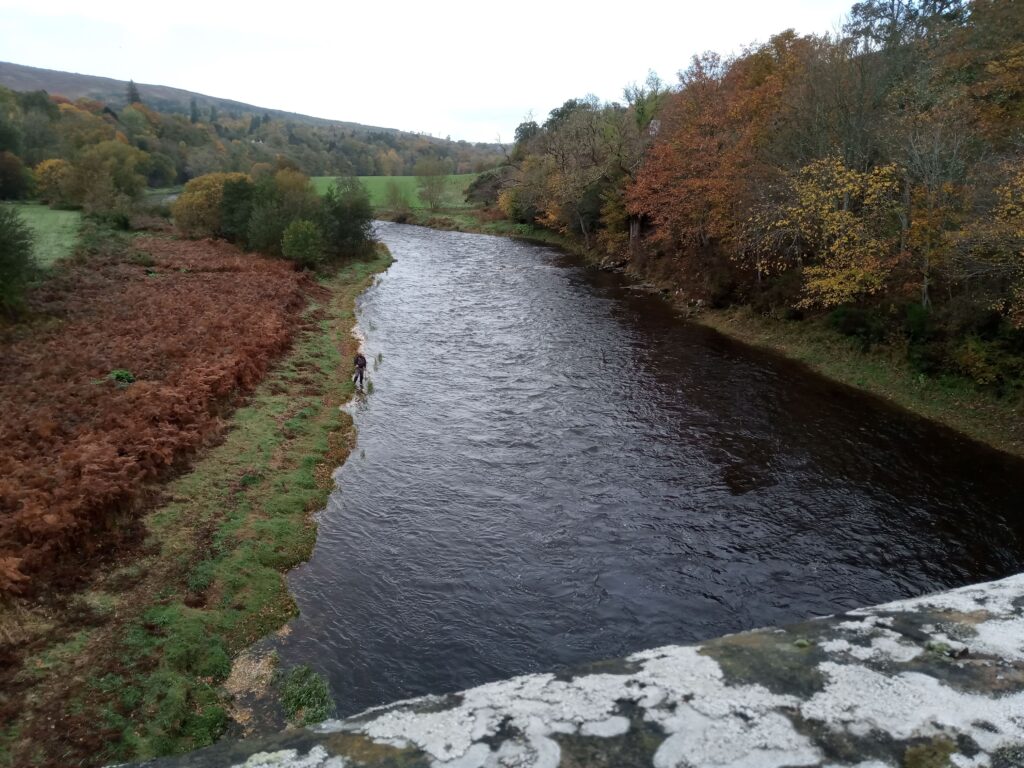Letter from Scotland
While Commonwealth leaders are meeting in a bit of muddle in the Pacific Ocean, Glasgow is busy saving their biggest public event, the Commonwealth Games.
Just as things are beginning to unfold in Samoa, in Glasgow plans have been announced for the 2026 Games which, some believe will not only save the Games, but the Commonwealth itself.
The Samoa summit has been dominated by demands from former British colonies in the Caribbean calling for apologies and reparations for the trans-Atlantic salve trade. Sir Keir Starmer has said there will be no apologies or reparations for past wrongs. Instead he wants to move the agenda onto the fight against climate change. The summit has also been weakened by the absence of two important Commonwealth leaders, Narendra Modi from India and Cyril Ramaphosa of South Africa. They chose instead to attend Vladimir Putin’s “Brics” summit in Russia.

The relevance of the Commonwealth in a post-colonial world has thus been called into question – despite its work promoting peace and trade, the rule of law and cultural exchanges. The Games are an answer to that question, promoting international co-operation through sport. But, with the state of Victoria in Australia pulling out of running the games in 2026 because it couldn’t afford it, Glasgow has offered to host a scaled down games, which it’s hoped will be a more realistic pattern for the future.
We learned this week that there will only be ten sports at four existing venues at the Glasgow 2026 Games: athletics, swimming, gymnastics, track cycling, net-ball, basketball, weightlifting, boxing, judo and bowls. There will be no triathlon, no rugby sevens, or diving, hockey, cricket, squash, or badminton. The cost of staging the Games is set at £114million – compared with the usual £500million – and most of that, £100million, is coming from the fine imposed on Victoria for withdrawing from staging the Games.
The UK and Scottish governments insist no public money will be involved, though the UK government has pledged up to £2.3million for contingencies. It’s hoped 500,000 tickets will be sold and that more than 2,500 athletes from the 56 Commonwealth countries will want to compete. By happy coincidence, the city of Glasgow is to be given a face-lift ahead of the Games, with 11 improvement projects planned for the city centre, paid for by the UK and Scottish governments’ City Deal.
Budget
The wonder is that there is any money available for city uplifts or Games “contingencies”, with the Chancellor about to deliver a stringent UK budget next week and The Scottish Government saying it’s facing its toughest spending decisions ever. The pay rises given to public sector workers over the summer have added to the financial pressure.
News of cuts to local authority grants, to housing programmes, to arts projects trickle out each day. This week’s victim was the Young Enterprise Scotland network, working in schools to promote business knowledge and entrepreneurship. The First Minister, John Swinney, has not ruled out taxes rises to avoid having to make further cuts.The Scottish Greens have suggested a “mansion tax” on high-value houses and Mr Swinney will need their support to get his overall budget through parliament. The Greens hold their party conference in Glasgow this weekend.
Boy’s death sparks call for change in fitness to drive assessments

Another issue that has been troubling our minds this week has been “cognitive ability”. Should car drivers over the age of 80 be subject to a fitness-to-drive test? It follows the case of a 91-year-old woman, Edith Duncan, who lost control of her car in Morningside Road in Edinburgh and killed a three-year-old boy, Xander Irvine, who was walking on the pavement with his mother. The Sheriff at the fatal accident inquiry concluded that the tragedy could have been avoided if such a test had been in place. I’m sure it won’t be long before there is a bill in parliament to implement such a “cognitive ability” test and in the meantime, we are being urged to have “that difficult conversation” with our elderly relatives.
It’s 200 years since the world’s first municipal fire service was established in Edinburgh by James Braidwood. He developed a scientific approach to fire-fighting, employing tradesmen who knew how buildings were constructed and how fires might spread. He took good care of his men and led them from the front, dying himself in the Great Tooley Street Fire in 1861. This week a special service was held in St Giles Cathedral to mark the 200th anniversary of what we now know as the Scottish Fire and Rescue Service (but sadly they forgot to invite The Edinburgh Reporter so we have no photos of the event).
Autumn colours
Finally, I must record that our autumn is now slipping by gracefully, after Storm Ashley swept over us a fortnight ago. I’ve had two wonderful expeditions to the Borders this week to see the colours of the Fall – yellow leaves on a grassy track, sunlight glancing through golden trees and rivers quietly rolling through sleepy countryside heading towards the winter sea.
